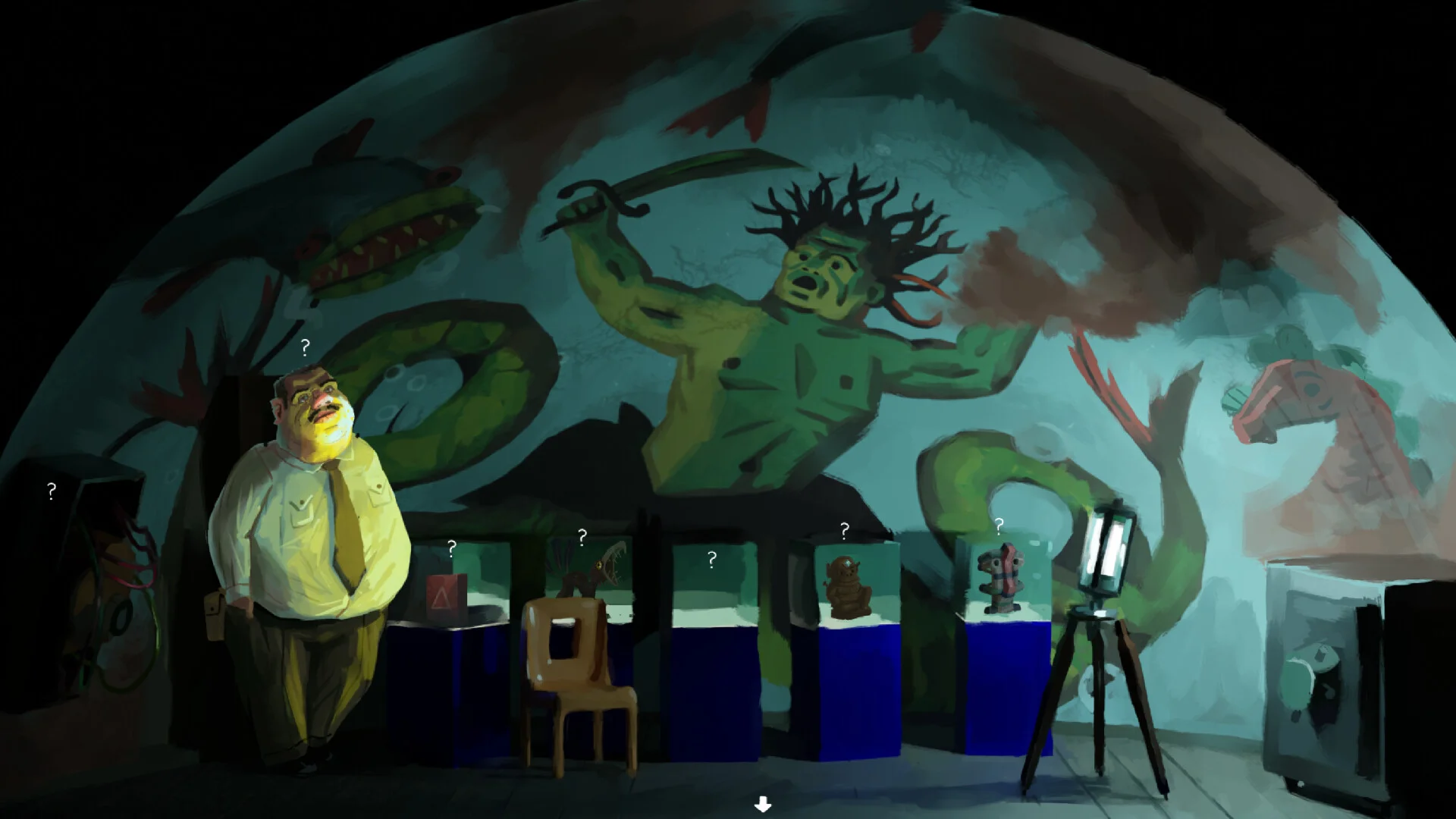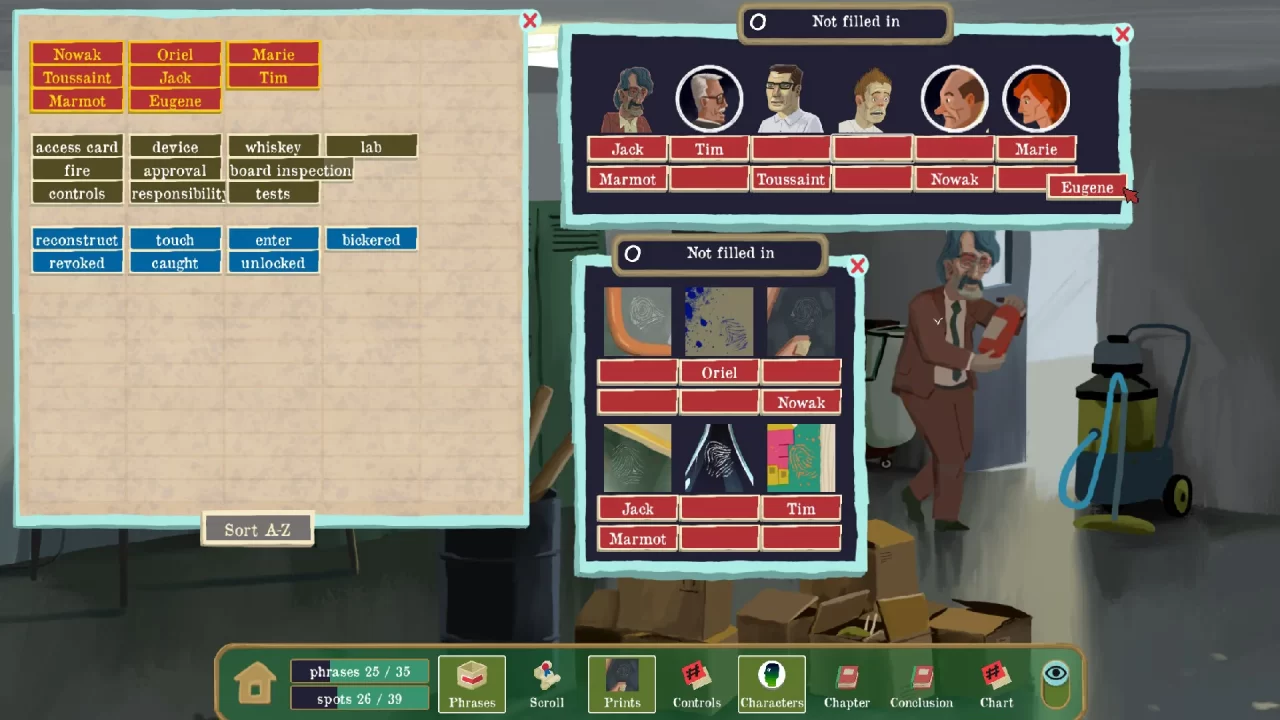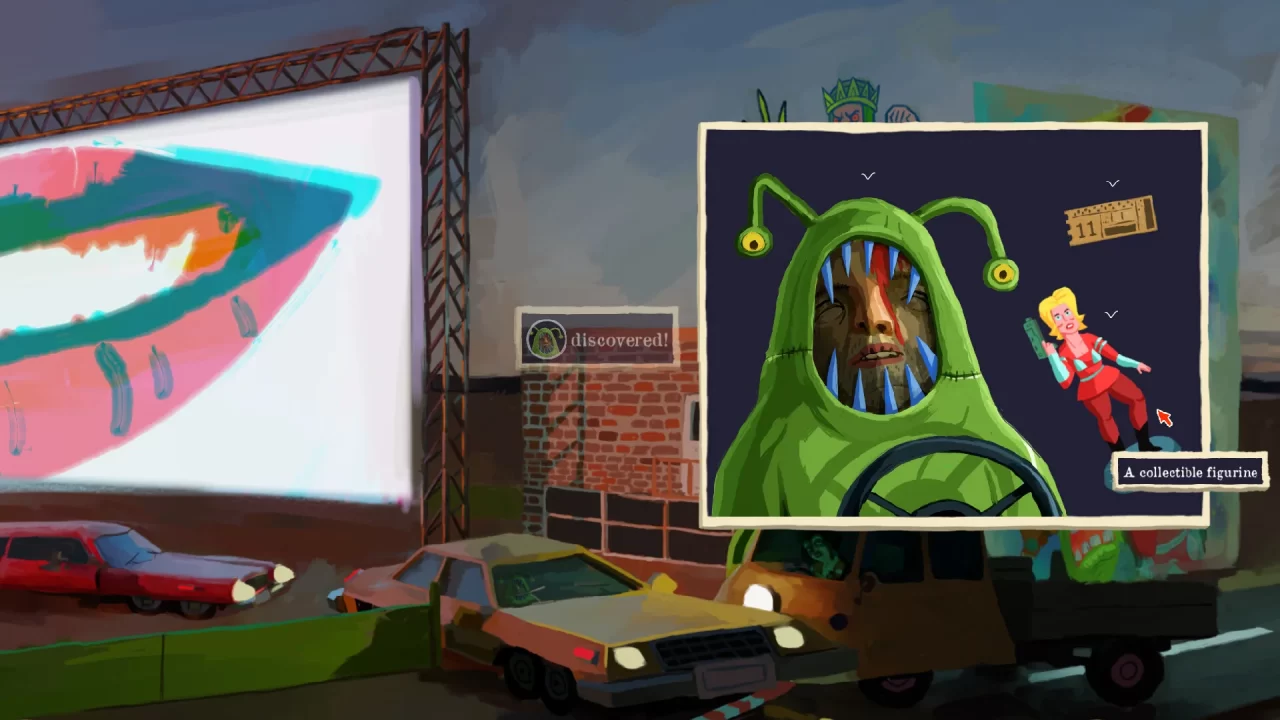Tech
The Rise of the Golden Idol Review | RPGFan

My expectations for The Rise of the Golden Idol were sky-high, and with good reason. Its predecessor The Case of the Golden Idol was a stroke of brilliance, and Color Gray Games only refined their storytelling chops and level design with each of its expansions. This direct sequel was the developer’s chance to go bigger and bolder with all the lessons learned, but unfortunately it fails to reflect that prior progress.
The Rise of the Golden Idol takes place in the 1970s (roughly 230 years after the conclusion of Case), by which point the Golden Idol has become mythologized as pure fantasy. Humanity has forgotten the folly of those who previously yearned for its power, meaning history is ripe for repeating. The main story thread explores how a shady organization recreates the powerful titular relic, fumbles into discovering its mind-altering potential, and uses it toward cynical ends. Sprinkled throughout this tale are callbacks to the previous game that expand upon its fictional indigenous cultures and explore how the Golden Idol’s established powers pair with modern technology.
While this story is fairly compelling in its own right, it falters by being so similar to Case’s cautionary tale but without anything as engrossing as that game’s occult gatherings, maniacal aristocrats, and their rise and fall from power. The career scientists that populate Rise lack personality beyond their role in recreating the idol, and only a few supporting cast members fare much better. Without characters to get invested in, the twists and “a-ha” moments fall flat. Plus, the story tends to pull its punches, resulting in a lot less murder and many lost opportunities to make an impact on players. While I still enjoyed many of the side scenarios, the big picture was less compelling than I would have liked.
It doesn’t help that The Rise of the Golden Idol’s level design leaves much to be desired. This game has 20 cases compared to Case’s 12, but that number is deceiving given the smaller scope of each. All but a few cases offer one or two screens to explore. Only two utilize any innovations from the first game’s expansions, and none expand the established gameplay concepts. In fact, I’d argue many of these concepts have been diminished. For example, your word bank is now automatically filled up by examining items rather than manually clicking on words, removing an important layer of engagement from investigations. Also, smaller levels make for easier fill-in-the-blank deductions, given that you’re working with less information.
I don’t want to imply that the gameplay should’ve been changed for change’s sake. This series’ unique approach to adventure game sleuthing is its core appeal and should remain intact. However, it’s imperative that sequels expand upon their predecessor if they want to keep players engaged. The Rise of the Golden Idol does the opposite by sizing down levels, diminishing their difficulty in favor of higher quantity. The result is gameplay that feels less rewarding because it only asks players to parse small chunks of information at a given time rather than vast tapestries. This isn’t to say I didn’t enjoy myself, but I couldn’t shake the feeling that I knew these developers are capable of better.
To Rise’s credit, the increased number of levels allows it to branch into unexpected locales. Some highlights for me include an aviary with a menacing menagerie of feathered predators, a soundstage where a talent show spirals into chaos, and a drive-in movie theater where all the attendees are in schlocky space-themed B-movie cosplay. This also leads to a lot of variety in the soundtrack as the music closely matches the vibe of each setting, including between different areas in the same level. Some songs are more memorable than others, but none ever felt grating, an issue I had with Case.

The user interface has also seen welcome changes in The Rise of the Golden Idol. The word bank and story boxes all appear as separate pop-up windows that you can place around the screen wherever you’d like. This allows you to interact with the environment while having boxes open, which is a welcome upgrade to the gameplay’s flow. It’s not perfect, though. I would’ve liked the option to resize windows or utilize the unused pillar boxes on my ultrawide display. Also, there are some bugs, including windows opening that I didn’t click on and words sometimes appearing on the wrong layer when windows overlap, but these were rare enough that they didn’t impact my overall experience.
While talking about bugs, I’d be remiss not to mention that the final (and largest) level regularly crashed the game when loading between areas. This is the type of kink I’d expect to see fixed, but it was unfortunate for the game to go out on such a frustrating note. It didn’t help that I found the final puzzle of this level to be the most difficult in the game, yet navigating the level for clues became a chore when I kept getting booted to my desktop.
The developers included a hint system that does a good job of leading you to answers rather than handing them out. Cases have multiple categories to pick from to ensure you get the hint you want and three levels of hint specificity beyond that. Because of this, I never felt cheated out of a satisfying experience on the occasions I needed the game to point me in a different direction. It’s worth noting that while the game retains the mechanic of telling you when you have two or fewer mistakes on a word puzzle, it doesn’t retain Case’s hint system that highlights those mistakes.

This Golden Idol entry also sports a new painterly art style that maintains the whacked-out vibe of Case’s intentionally crude pixel art while complementing the 1970s aesthetic. The way character portraits gyrate feels like something out of a nightmarish drug trip, in many ways evoking Disco Elysium. It’s perhaps ironic then that my favorite graphical moment from the game involves a dance that is animated lavishly to flow with serene grace (even if contextually it’s anything but).
Fans of The Case of the Golden Idol will find their itch for more demented mad libs scratched but not sated by The Rise of the Golden Idol. Despite my issues with the game, existing devotees of the Golden Idol will find something to like here. Everyone else should start with the first game and its two expansions, which are better and provide vital context for fully enjoying the sequel.









